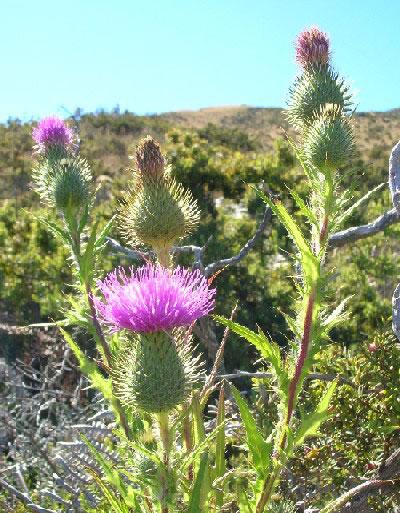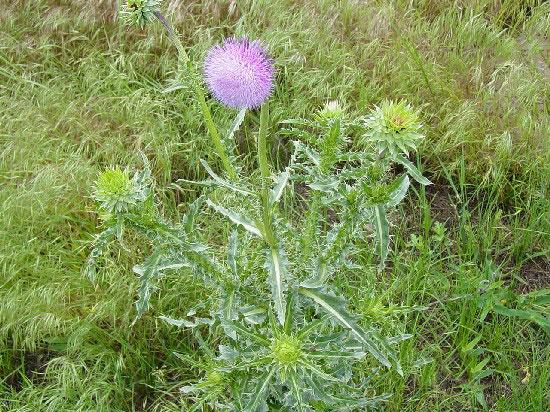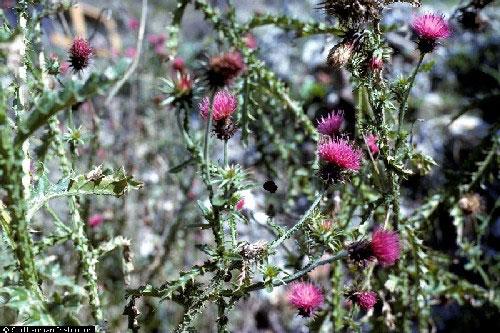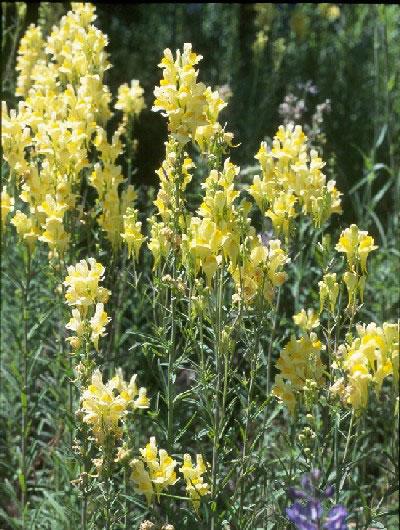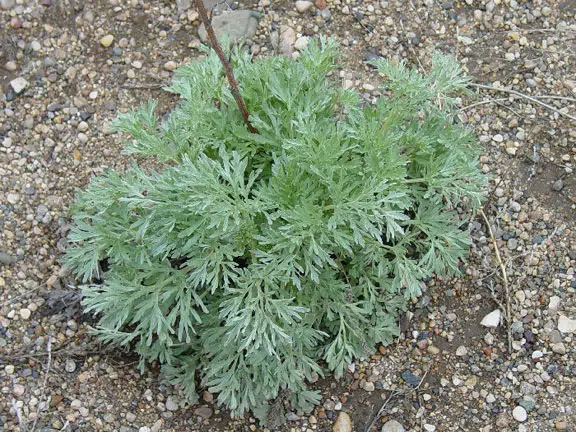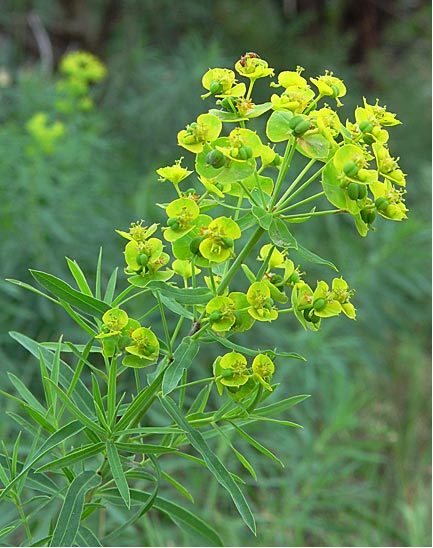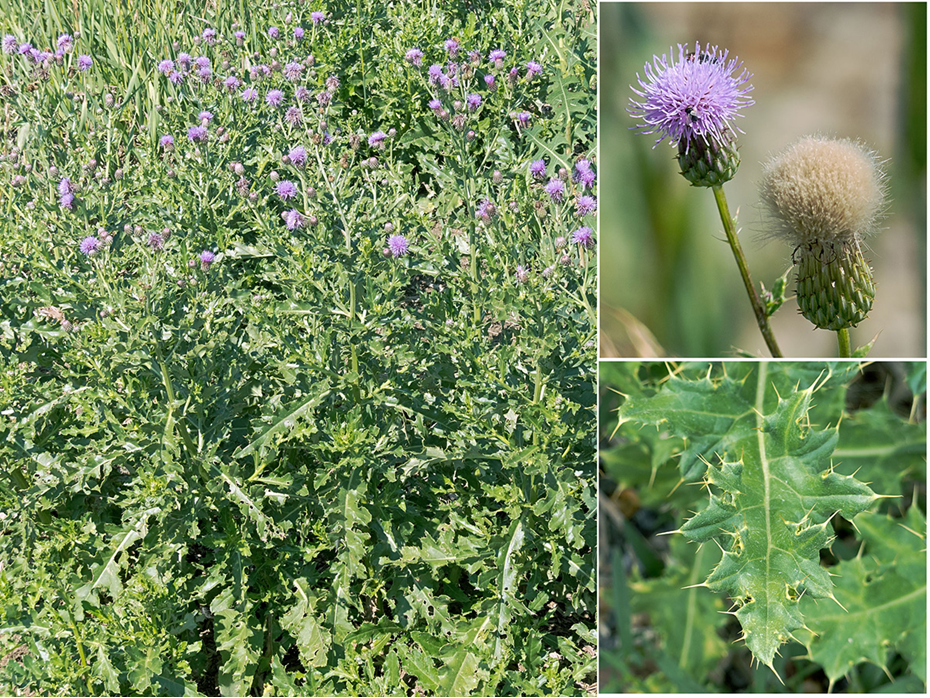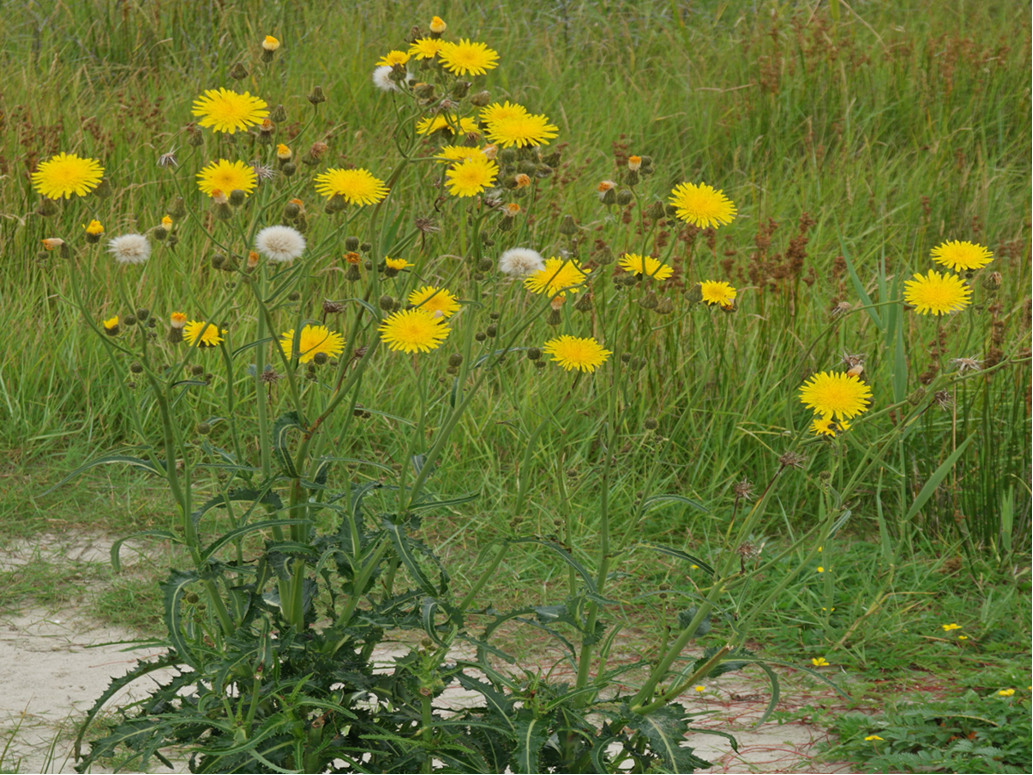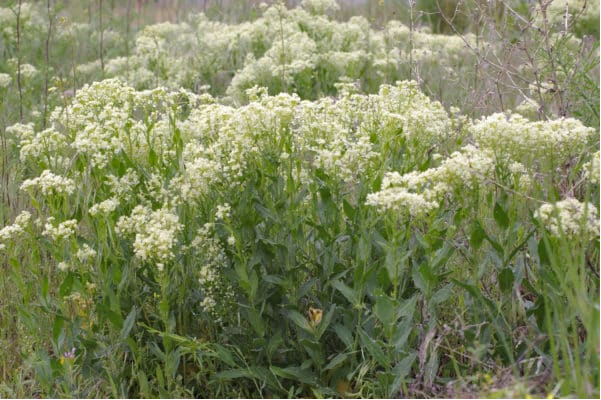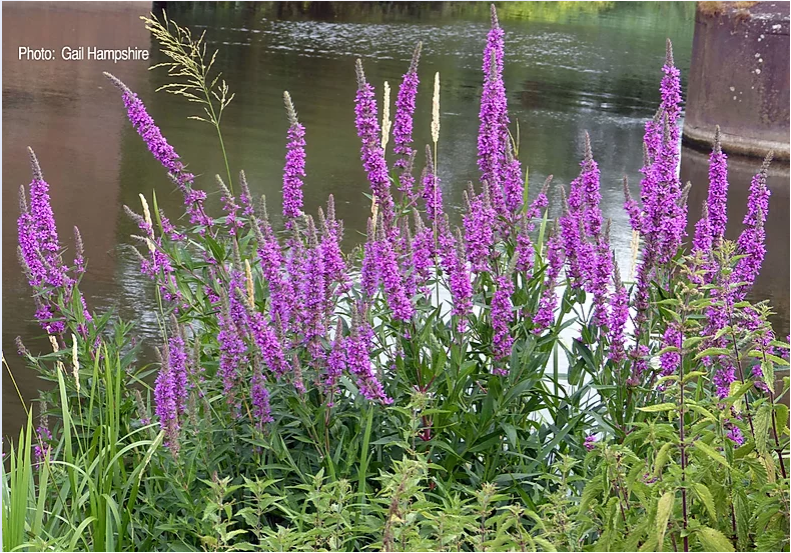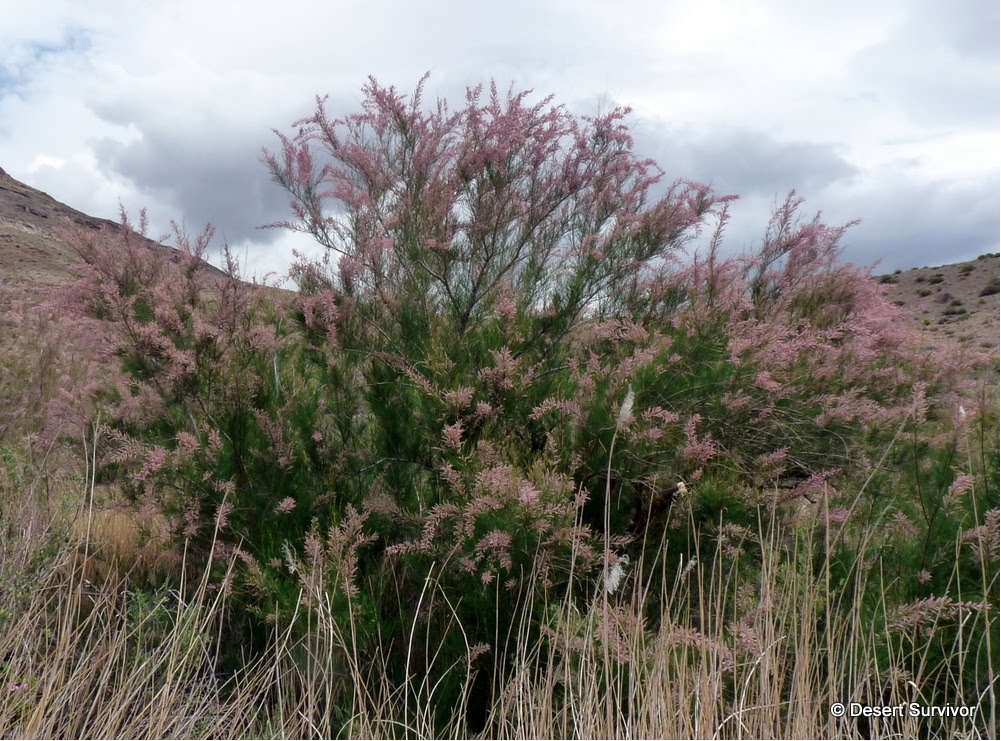What Are Noxious Weeds?
A noxious weed is a type of weed that is considered harmful to the environment or animals, especially one that may be subject to regulations governing attempts to control it. Noxious weeds are typically plants that grow aggressively, multiply quickly without natural controls. For a plant to be declared a state noxious weed, it must be a perennial, capable of spreading by underground parts as well as by seed dispersal, not controllable by normal management operations and requires special chemical and cultural practices, capable of materially reducing the production of crops or livestock, and capable of decreasing land value and impeding the general welfare of the people of the state. To be declared a locally noxious weed, a plant must have the same criteria, but may also be a biennial or pernicious annual.
Are Noxious Weeds a Problem?
Over 3 million acres are infested in South Dakota. Statewide losses for noxious weeds exceed $100 million annually.
What If I Find Noxious Weeds?
Noxious weeds are to be reported to the City And/or County Weed & Pest Department. In South Dakota, it is a class-2 misdemeanor if your land is infested with state or local declared noxious weeds or pests. The state of South Dakota has seven declared noxious weeds and two declared pests.
State Statutes Governing Control of Noxious Weeds
38-22-23.12. Investigation of suspected land-Notice required for entry. If a county weed and pest board has probable cause to believe there is land upon which exist weeds or pests that may spread or contribute to the injury or detriment of others, it shall investigate the suspected premises. The designated representative of the board, after giving the landowner written notice, may go upon the premises without interference or obstruction for purposes of making a reasonable investigation of the infested area. Such notice is considered given if it is given to the landowner or operator personally at least one day before entry or if it is mailed, by certified mail, addressed to the last known address of the landowner at least five days before entry. A board may serve notice of intent to inspect on all landowners by publishing a legal notice of such intent at least thirty days before entry in the county's official newspaper.
38-22-23.13. Resolution of board confirming infestation and stating remedial requirements-Service on owner-Termination of resolution. If the suspected area is found to contain weeds or pests, the county weed and pest board, by resolution adopted by a majority of its members, shall confirm such fact and set forth minimum remedial requirements for control of the area. The board shall mail, by certified mail, to the address of the landowner, a copy of the resolution, a statement of the approximate cost of fulfilling the requirements, and a request that the requirements contained in the resolution be carried out at the owner's expense within a designated period of time. When the board is satisfied that the requirements have been met, the board shall terminate the resolution and file a copy of the termination with the register of deeds.
38-22-23.14. Remedial action by board on owner's failure-Certification of expenses-Collection. If the landowner fails or refuses to perform as required within the time designated, the county weed and pest board may proceed to perform the requirements. The board shall certify its expenses to the county auditor, and the auditor shall bill the landowner for the amount of the expenses, plus an administrative fee of fifty dollars or ten % of the cost of control, whichever is greater. If the landowner has not paid the bill by November first of the calendar year in which the expenses were incurred, the amount of the bill shall be further increased by ten %, and the adjusted amount shall be charged as taxes against each tract of land on which the expenses were incurred. The adjusted amount shall be collected as other taxes and credited to the general fund.
38-22-23.16. Penalty for failure to reimburse board for requested operations. If the county weed and pest board is requested by an individual to perform weed and pest control operations on the individual's property and the individual fails to reimburse the county by November first in the year in which the operations are performed, the cost of the control, plus an administrative fee of fifty dollars or ten % of the cost of control, whichever is greater, shall be charged as taxes against each tract of land on which the expenses were incurred pursuant to section 38-22-23.14.
38-22-23.17. Civil penalty for continued failure to perform minimum remedial requirements. Any owner, occupant, or other person who maintains or exercises control or management over land who is issued a resolution by the county weed and pest board pursuant to section 38-22-23.13 for three consecutive years and fails to perform the minimum remedial requirements for control is subject to a civil penalty of up to five hundred dollars. Any owner, occupant, or other person who maintains or exercises control or management over land on which the county weed and pest board has performed remedial requirements pursuant to section 38-22-23.14 for three consecutive years is subject to a civil penalty of up to five hundred dollars
Helpful Links:
South Dakota Forestry - State Noxious Weed and Pest List (sd.gov)
SDSU - Noxious Weeds of South Dakota
